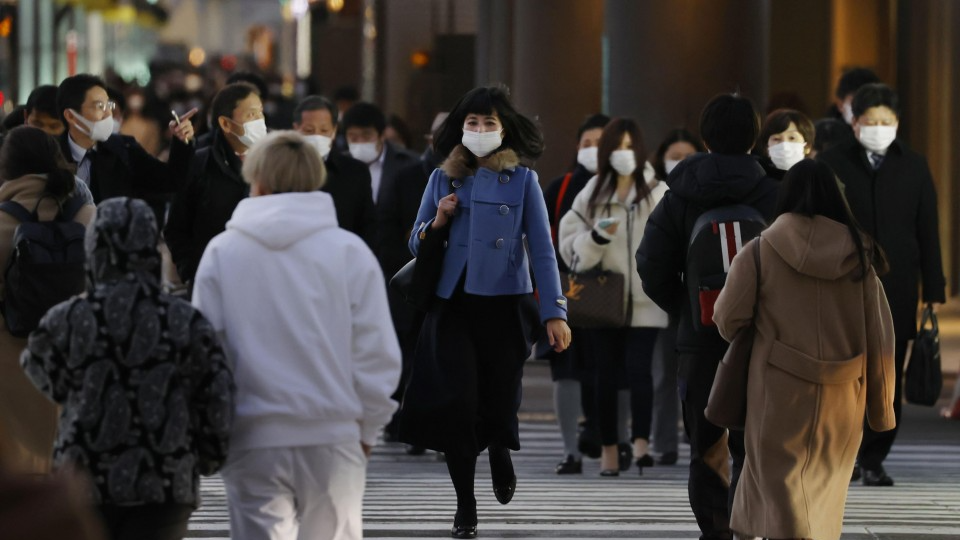Tokyo, 19 January, /AJMEDIA/
Japan on Wednesday will decide to place Tokyo and 12 other areas under a coronavirus quasi-state of emergency as the rapid spread of the Omicron variant lifts nationwide COVID-19 cases to new records and threatens to stretch the health care system.
The designation will allow prefectural governors in Japan, which has never imposed a lockdown during the pandemic, to ask restaurants to close early and stop or limit the serving of alcohol. The measure is set to be in place from Friday to Feb. 13, after Prime Minister Fumio Kishida makes a formal decision later in the day.
Japanese authorities worry that a spike in severe cases will overwhelm hospitals if the surge continues at its current pace and affects more elderly people and those with underlying conditions. Another concern is a shortage of essential workers such as medical staff due to a sharp rise in those designated as close contacts of people who test positive for COVID-19.
Japan’s daily count of coronavirus cases topped 30,000 for the first time on Tuesday, posing a challenge to Kishida, who has made the COVID-19 response a top priority since taking office in October.
Three prefectures have already been under a quasi-emergency since early January and the planned addition of the 13 will mean about a third of the nation’s 47 prefectures are subject to stricter curbs.
Along with Tokyo, the targeted prefectures include its neighbors Chiba, Saitama and Kanagawa in the metropolitan area, which saw a stronger state of emergency lifted about three months ago.
Aichi, Gifu and Mie in central Japan, along with Nagasaki, Kumamoto and Miyazaki in the country’s southwest, are also asking the central government to impose a quasi-emergency, as are Niigata, Gunma and Kagawa.
Kishida’s government faces the difficult task of striking a balance between imposing anti-virus measures and keeping the economy going, especially as health experts say many patients show no or mild symptoms despite Omicron’s highly transmissible nature.
The government plans to halt, in principle, implementation of a program to check whether people visiting places like restaurants have been vaccinated twice or have proof of having tested negative for COVID-19 as a way of reviving economic activities.
The governors of Osaka, Kyoto and Hyogo in western Japan are planning to discuss whether to seek quasi-emergency curbs at a virtual meeting on Wednesday.

